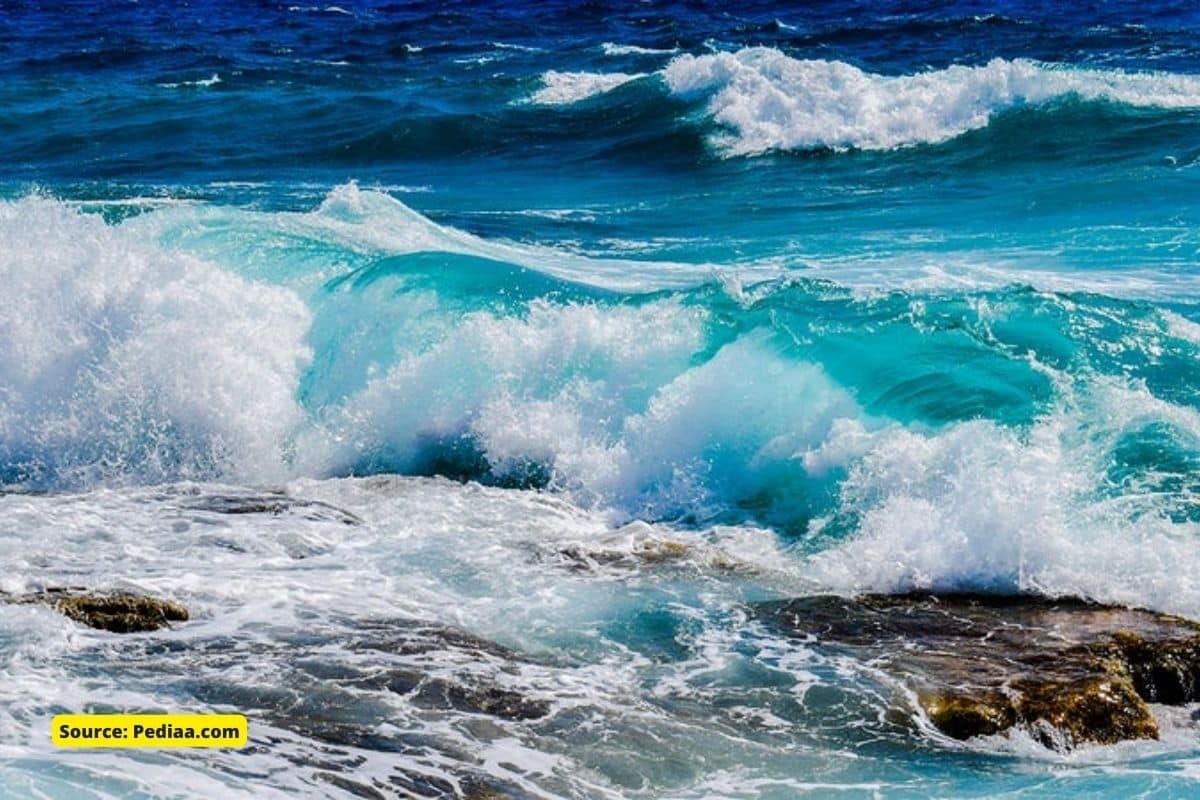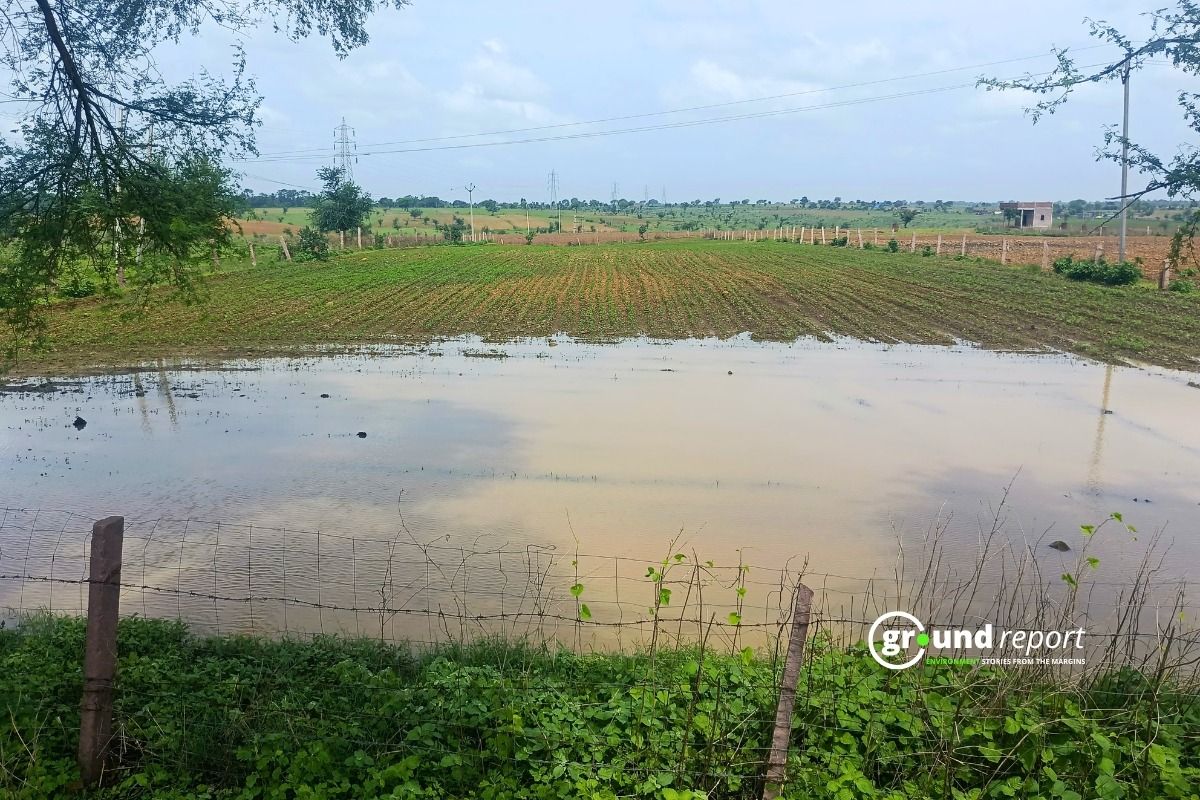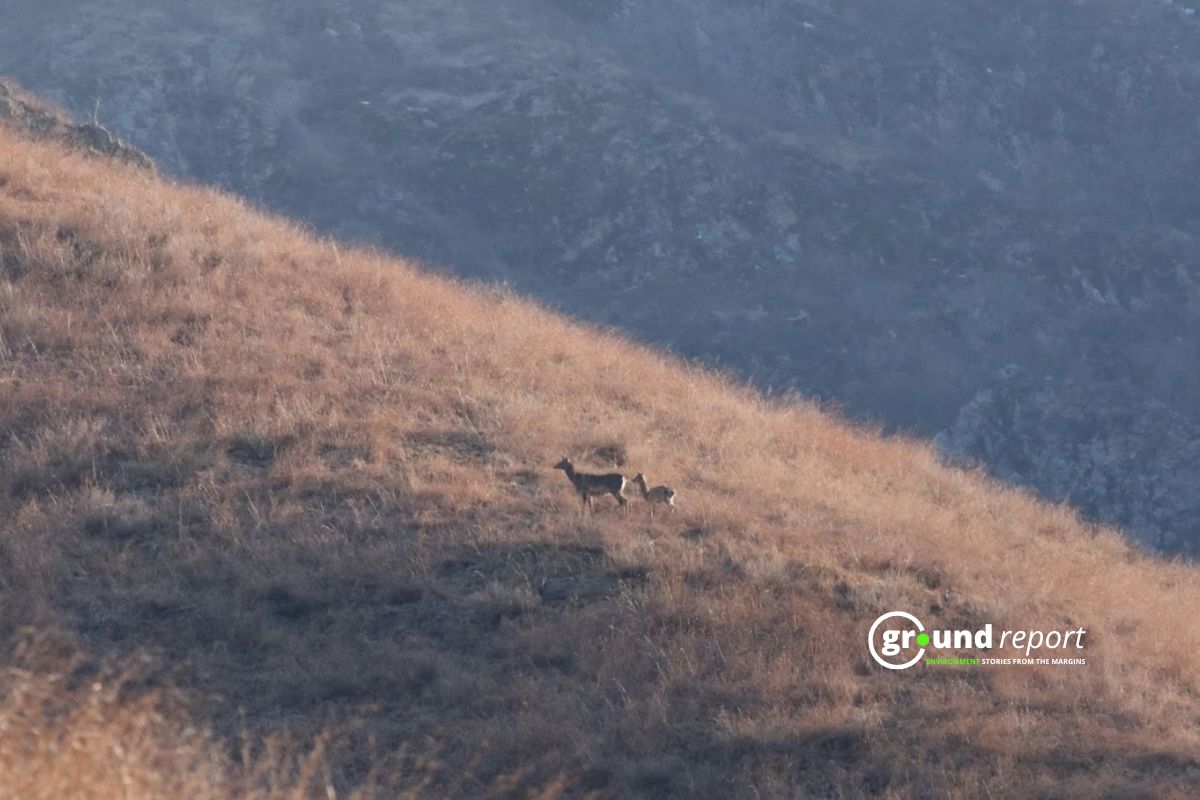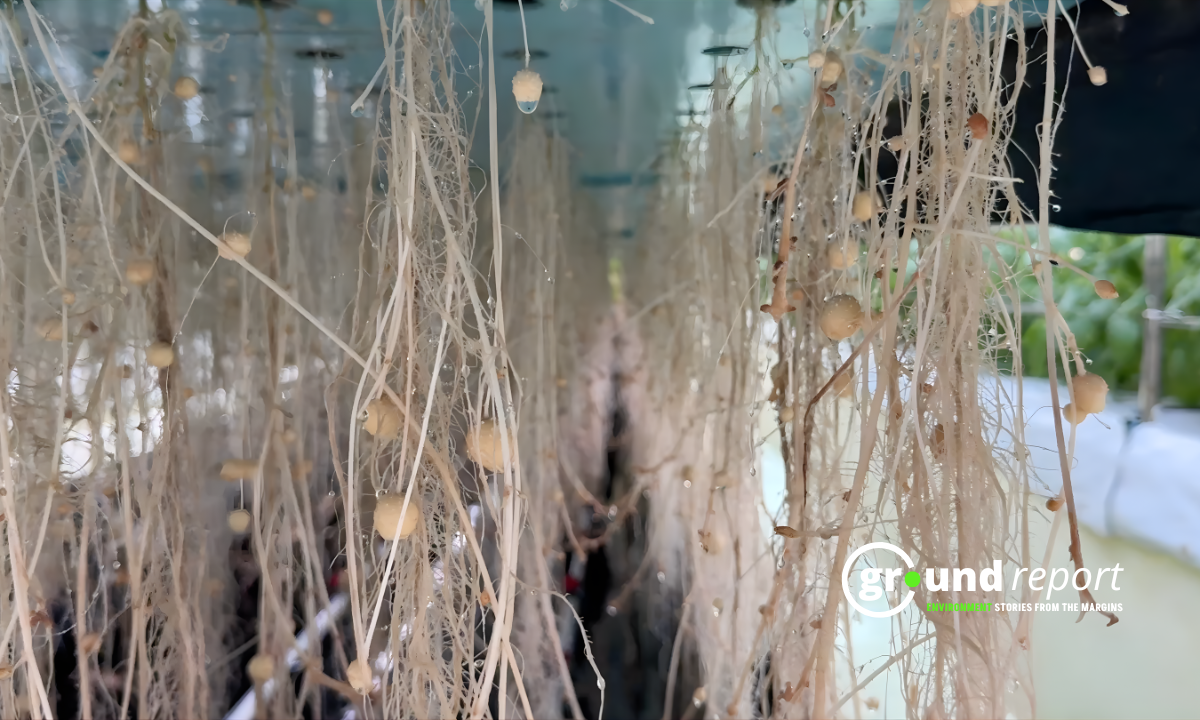The loss of biodiversity is one of the three planetary crises that the world will face due to climate change, said the United Nations (UN) in 2021. According to the international organization, extreme weather events such as droughts and floods, as well as air pollution, will be responsible for the loss of more than two million hectares of land due to degradation and more than one million species.
An international group of scientists from the University of Adelaide in Australia revealed that rising ocean temperatures will affect 70% of the world’s most biodiverse marine areas. They assure that it will be a loss of biodiversity on a large scale.
Recently, an international group of scientists from the University of Adelaide in Australia revealed how the world’s most biodiverse marine areas will be affected.
According to the document published in the journal Global Change Biology, the vulnerability of the ocean in terms of diversity and climate change is still a field little studied in science. Therefore, they ventured to develop a new method to identify the impacts of global warming on the biodiversity of the oceans.
They found that the increase in temperature will disproportionately affect the most specific marine communities, that is, endemic species and places with unusual characteristics. “This will harm more than 70% of the current global hotspots. The persistence of these areas rich in marine biodiversity will require many species to move beyond the biogeographic range where they are endemic, at rates of redistribution never seen before.
According to the researchers, many species will begin to move away from their natural habitats in search of their thermal requirements. In those processes, they will have to traverse entire ocean basins to find the temperatures they need. For example, the most affected areas of the world will be those located in tropical and middle latitudes due to the high level of species richness they have; Between 50% and 84% will suffer redistributions of their marine fauna.
“This is because species from tropical regions, where 93% of the critical points of marine wealth are found, have small geographic ranges, high ecological specialization, limited dispersal capacity, and narrow thermal safety margins,” they say. in the document.
In the methodology they used, they applied global climate data over 21,000 years to quantify the exposure of marine biodiversity to human-induced ocean warming. However, the researchers warn that it is a global panorama that took into account to a lesser extent the particularities of each area.
“Conservation interventions are needed immediately to strengthen the ecological and evolutionary resilience of biodiversity to climate change, improving fisheries management, assisted migration, and the expansion of climate-smart and well-managed marine ecosystems, as well as increasing areas, protected”, conclude the scientists.
However, the report is not just an account of human activities in relation to wild species. It is a warning that follows the 2019 report in its urgency: Unsustainable harvesting threatens to collapse wildlife populations, which in turn will harm food security, health and well-being, and livelihoods.
For most of the practices examined, such as fishing, logging, the collection of animals for recreation and food, and the collection of wildlife for medicine and hygiene, our use is increasing, but unfortunately, this is not happening in a sustainable way. Although the report shows that many of the trends in sustainable use have been established, these data sets are incomplete. We need a better understanding of where and how wild species are being used if we want to stop the declines ahead.
The brief provides some concrete and worrying examples of how unsustainable practices could harm wildlife. For example, bycatch, when marine species are unintentionally caught during fishing, is a major problem for rays and sharks. These species are not fished, but when caught with other fish, they are almost always kept for food. This has resulted, the report notes, in population, collapse where there are no effective regulations throughout the supply chain.
Of course, behind all this, another crisis is looming. Climate change will challenge how we use wildlife sustainably in the future, as will increased demand and technological advances that make it easier to harvest and extract wildlife. The brief states that addressing these challenges will require “transformative change,” but also points out that there are many unknown unknowns: Our understanding of how climate change patterns will affect sustainable use is a nascent field, and adaptation and flexibility will be key to combating them. these problems.
So what can we do? That is what the final chapters of the report focus on. They point to “concerted interventions”, including the use of indigenous and local knowledge to establish more sustainable practices, better monitoring and stronger government policies to protect the natural world.
“Our future well-being depends on a healthy relationship with nature and this report is a global call to arms, but it is highly susceptible to corruption and ineffective legislation,” said Cassey.
Support us to keep independent environmental journalism alive in India.
Keep Reading
MP farmers battle stray animals, sleepless nights to protect crops
Indore’s Pipliyahana Lake struggles to survive, even after conservation measures
Costliest water from Narmada is putting financial burden on Indore
Changing weather pattern impacts soybean crops in Dewas region of MP
Follow Ground Report on X, Instagram and Facebook for environmental and underreported stories from the margins. Give us feedback on our email id greport2018@gmail.com.
Don’t forget to Subscribe to our weekly newsletter, Join our community on WhatsApp, Follow our Youtube Channel for video stories.









